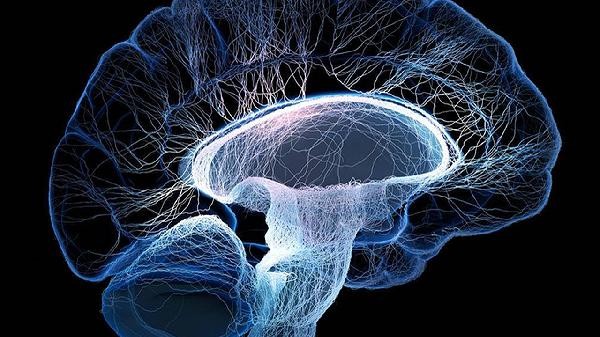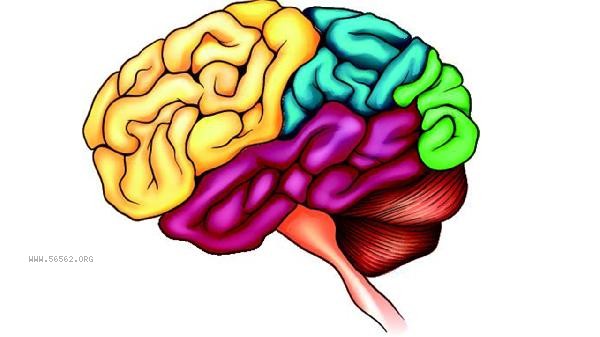Frequent wandering of the brain may be a manifestation of attention deficit, usually associated with factors such as fatigue, stress, and lack of sleep, and in rare cases may be related to diseases such as attention deficit hyperactivity disorder. The phenomenon of mind wandering is mainly influenced by environmental disturbances, emotional fluctuations, excessive cognitive load, nutritional imbalance, chronic diseases, and other factors.

1. Environmental interference
A noisy or monotonous environment can easily lead to decreased attention. The noise and frequent message prompts in open office spaces can continuously disrupt the coherence of thinking, while repetitive work scenarios may trigger consciousness dissociation due to insufficient stimulation. Improving the sound insulation effect in the work area, using noise cancelling headphones, and setting message interruption free periods can help reduce environmental interference.
2. Emotional fluctuations
Anxiety, depression, and other emotional problems can significantly reduce cognitive control ability. When an individual falls into negative emotions, the brain's default mode network becomes overactivated, leading to repeated rumination of thoughts unrelated to the current task. Mindfulness breathing training and emotional diary recording can help detect and block this vicious cycle.
3. Excessive cognitive load
Multi task processing can quickly deplete cognitive resources in the prefrontal cortex of the brain. When handling multiple tasks simultaneously, frequent switching of attention may lead to prolonged task response time and increased error rates. Using the tomato work method to divide focus periods and establishing a task priority list can effectively alleviate cognitive overload.

4. Nutritional imbalance
Lack of vitamin B, iron, or blood sugar fluctuations can affect nerve conduction function. Consuming high sugar foods for breakfast may cause a sudden rise and drop in blood sugar, leading to a low attention span in the morning. Increasing the intake of whole grains, deep-sea fish, and dark vegetables, and maintaining regular eating intervals can stabilize brain energy supply. 5. Chronic diseases such as thyroid dysfunction and sleep apnea can interfere with cognitive function. Abnormal thyroid hormone levels may manifest as decreased attention span and working memory capacity, while nocturnal hypoxia can lead to daytime sleepiness. Persistent attention problems require medical examinations such as thyroid function screening and polysomnography monitoring. Improving attention requires establishing a regular sleep routine, ensuring 7-8 hours of high-quality sleep every day, and avoiding the use of electronic devices one hour before bedtime. Engaging in aerobic exercise at least 3 times a week, such as brisk walking, swimming, etc., can promote the secretion of brain-derived neurotrophic factors. Pay attention to supplementing eggs and soybeans rich in lecithin in diet, and consume nuts in moderation to provide essential fatty acids. When the self-regulation effect is limited, professional evaluation can be conducted in neurology or clinical psychology. Interventions such as cognitive-behavioral therapy and transcranial magnetic stimulation can improve pathological attention disorders.








Comments (0)
Leave a Comment
No comments yet
Be the first to share your thoughts!